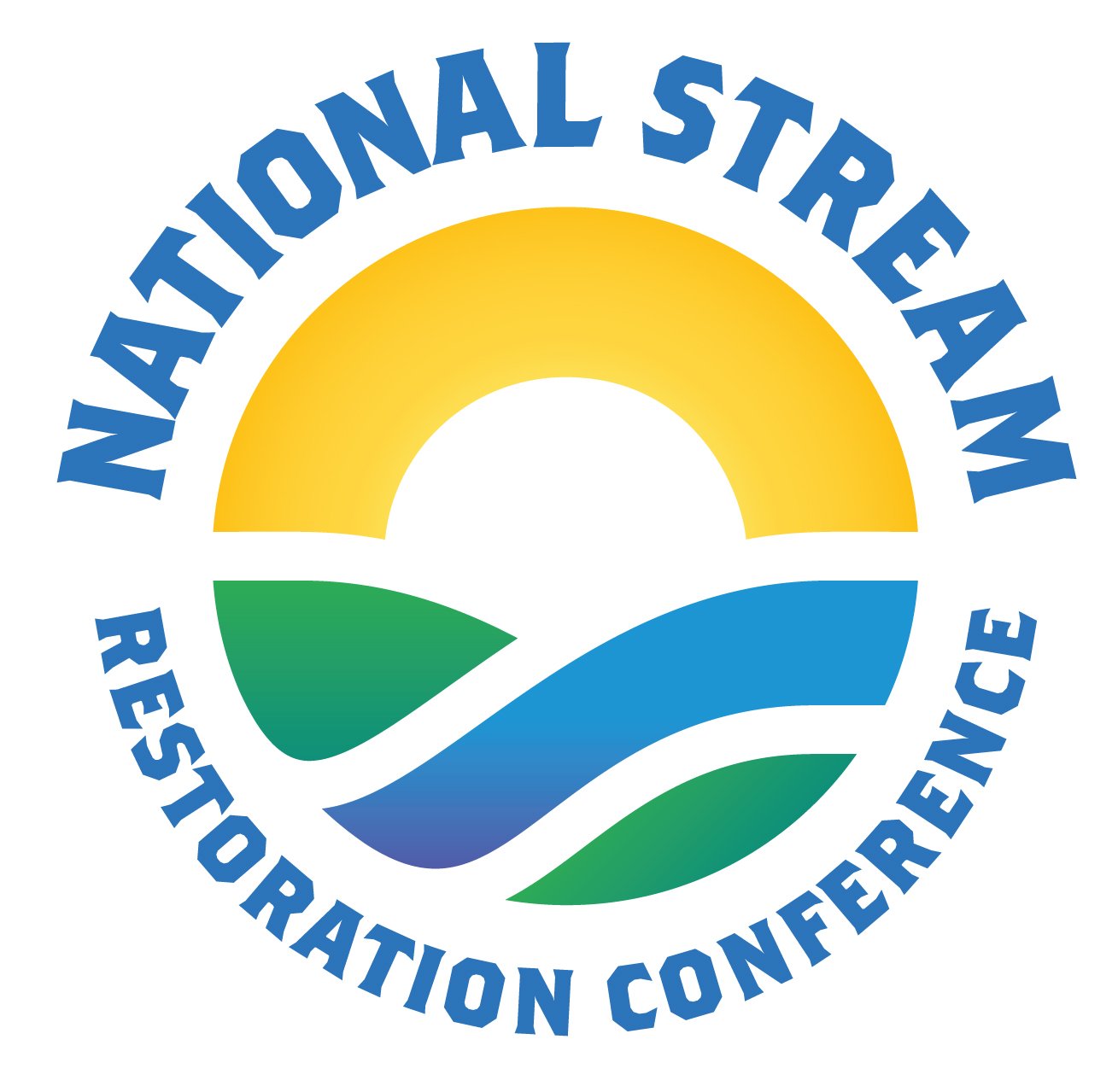Reddy Branch Floodplain Restoration in Brookeville, Maryland: A Project Level Case Study in Finding Common Ground
Ben Uhler
LandStudies, Inc
Lititz, PA
Brian Cox
Maryland State Highway Administration
Baltimore, MD
LandStudies was retained by Maryland State Highway Administration (MDSHA) to design and provide construction oversight during the implementation of a floodplain restoration along a degraded segment of Reddy Branch on property owned by Maryland-National Capital Park and Planning Commission (M-NCPPC) in Montgomery County, Maryland. The project included the 3,000 linear feet of stream restoration, 300 linear feet of bank stabilization, and over 5 acres of wetland creation/restoration. The project provided off-site compensatory mitigation for all stream and wetland impacts associated with the recently completed Brookeville Bypass Project, a high-profile road development project intended to alleviate traffic congestion through the town of Brookeville, Maryland.
Observed channel instability was related to a variety of past human impacts including dams and races associated with mill operations, ditching and channelization, floodplain encroachments, poor agricultural practices, clear-cutting, and road development in the watershed. The restoration approach involved reconnecting the channel and floodplain by removing post-settlement sediment from the valley bottom and restoring the natural functions of the floodplain and riparian corridor by creating an integrated stream-wetland complex across the full width of the floodplain. The design process involved collaboration with M-NCPPC and other resource agencies to develop a proposed footprint that would successfully achieve two often conflicting goals: maximizing floodplain widths to ensure long-term sustainability without excessive armoring and minimizing impacts to the existing canopy. These agencies were engaged early in the planning phases and an open dialogue was maintained throughout the design phase creating a strong shared investment in the project among all stakeholders.
This presentation focuses on the collaborative design approach and tells the story of how good communication, cooperation, and respect for multiple disciplines of science within the water resources community led to the development of a sound restoration plan and ultimately the implementation of a successful project that should serve as a model for future floodplain restoration projects across a wide variety of geographic settings.
About Ben Uhler
Ben Uhler is a project manager and geomorphologist who specializes in the design and implementation of functional and sustainable aquatic ecosystems. His expertise includes fluvial geomorphology, stream/floodplain restoration design and implementation, and wetlands science. Mr. Uhler is responsible for overseeing all aspects of ecological restoration projects from site assessment and data collection, through design and permitting, to construction oversight and post-construction monitoring.”
About Brian Cox
Coming Soon

